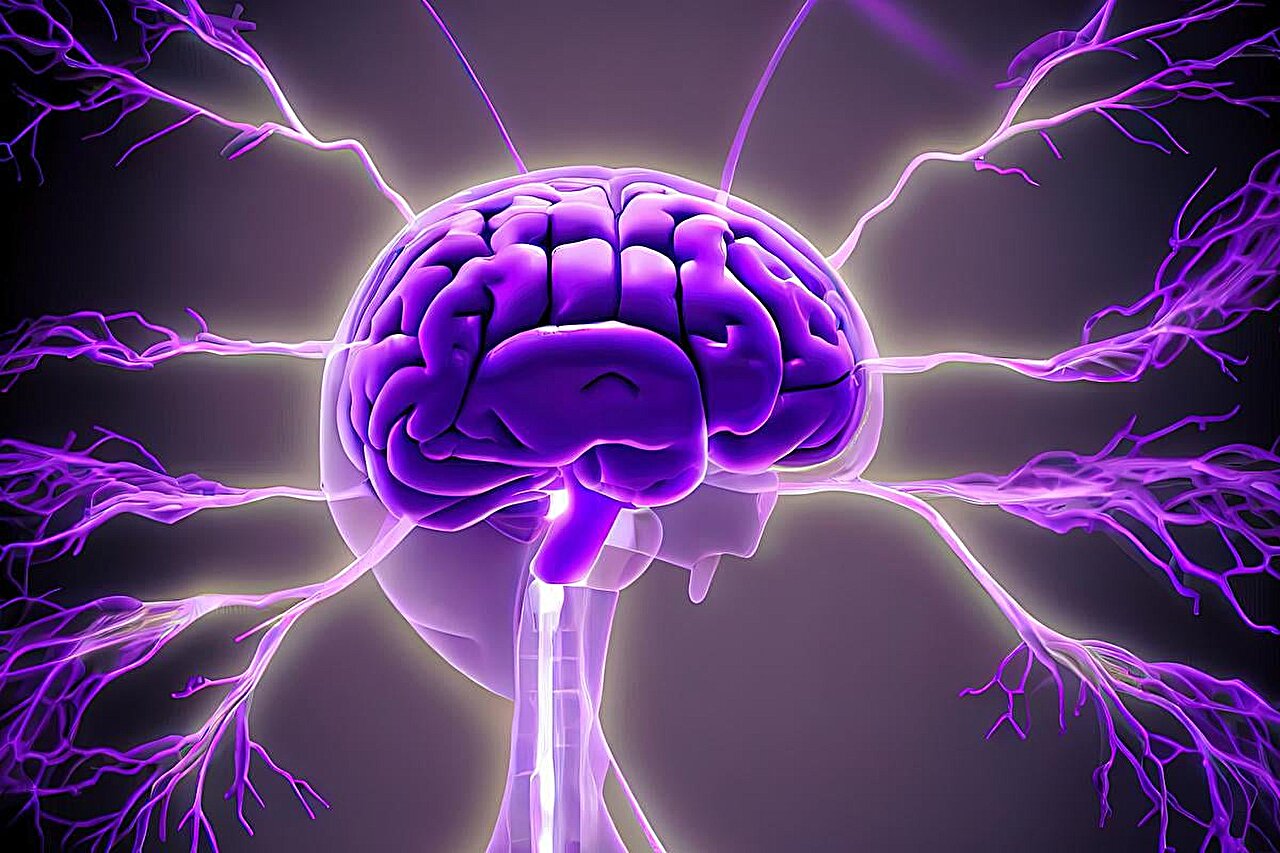
People with rare genetic variants linked to degenerative brain disorders like Parkinson’s disease are at increased risk of developing ALS, a new study finds.
Further, having these genetic variants increases the risk of a person having faster-progressing ALS (amyotrophic lateral sclerosis) and dying earlier, researchers found.
The strongest link was with Parkinson’s disease, results show. Those with genes associated with Parkinson’s had a 3.6 times greater risk of developing ALS.
“Our findings broaden the understanding of the genetic overlap between ALS and these other disorders by focusing on rare variants instead of common genetic factors,” said lead investigator Dr. Maurizio Grassano, a postdoctoral researcher and neurologist at the ALS Center at the University of Turin in Italy.
“Although identifying these variants may not change treatment, the knowledge can help physicians personalize management of those patients,” Grassano.
This is the first study to tie ALS, also known as Lou Gehrig’s disease, to genetic variants associated with other degenerative brain disorders, the researchers noted.
For the study, researchers analyzed the genetics of 791 people with ALS and 757 healthy people, looking for the presence of 153 genes associated with degenerative brain diseases.
About 18% of the ALS patients carried at least one high-impact gene variant, and 11% had a mutation that hadn’t previously been discovered, researchers found.
By comparison, 14% of the healthy people had a gene variant and 7% had a novel mutation.
This suggests that people with ALS have a greater chance of carrying gene mutations associated with other brain diseases, which might have increased their risk of developing ALS, researchers said.
Overall, people who have one of these gene variants have a 30% higher risk of developing ALS. If their mutation hadn’t previously been discovered, their risk rose to 80%.
The findings were presented Monday at the American Neurological Association’s annual meeting in Orlando, Fla. Such research should be considered preliminary until published in a peer-reviewed journal.
The results suggest that ALS and other degenerative brain diseases work in similar ways.
“In this era of extensive genetic testing, it has become increasingly likely that variants in genes will be detected that are not directly linked to the primary diagnosis,” Grassano said in a meeting news release. “These insights will help inform future research on diagnosing and treating this devastating disease.”
More information:
The ALS Association has more on ALS.
2024 HealthDay. All rights reserved.
Citation:
Genetics suggest link between ALS and Parkinson’s disease (2024, September 16)
retrieved 21 September 2024
from https://medicalxpress.com/news/2024-09-genetics-link-als-parkinson-disease.html
This document is subject to copyright. Apart from any fair dealing for the purpose of private study or research, no
part may be reproduced without the written permission. The content is provided for information purposes only.

